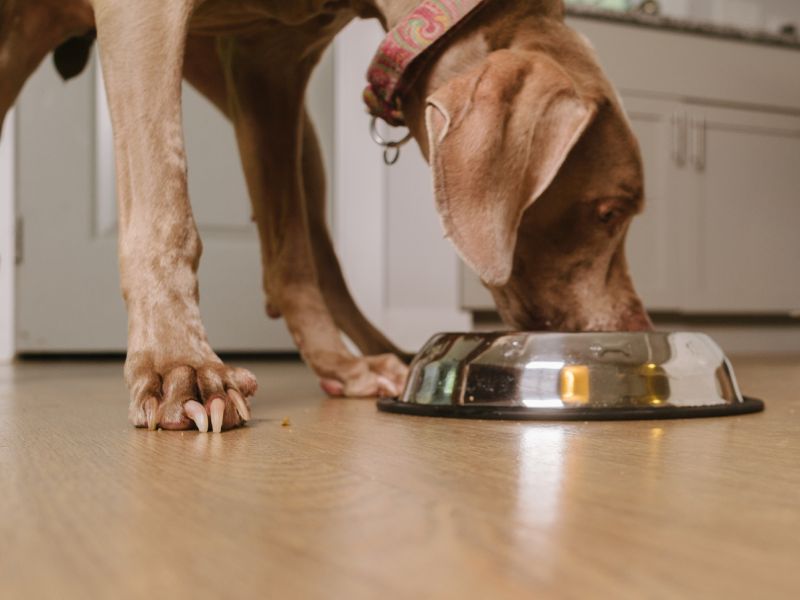
Tooth extractions can be painful, leaving patients sore and swollen for a few days post-surgery. Your dentist will likely provide instructions on aftercare, but the Oral Health Foundation offers general guidelines. After the surgery, people should: Brush carefully. Avoid rinsing for the first 24 hours. Avoid alcohol and cigarettes. Source: HealthDay





























